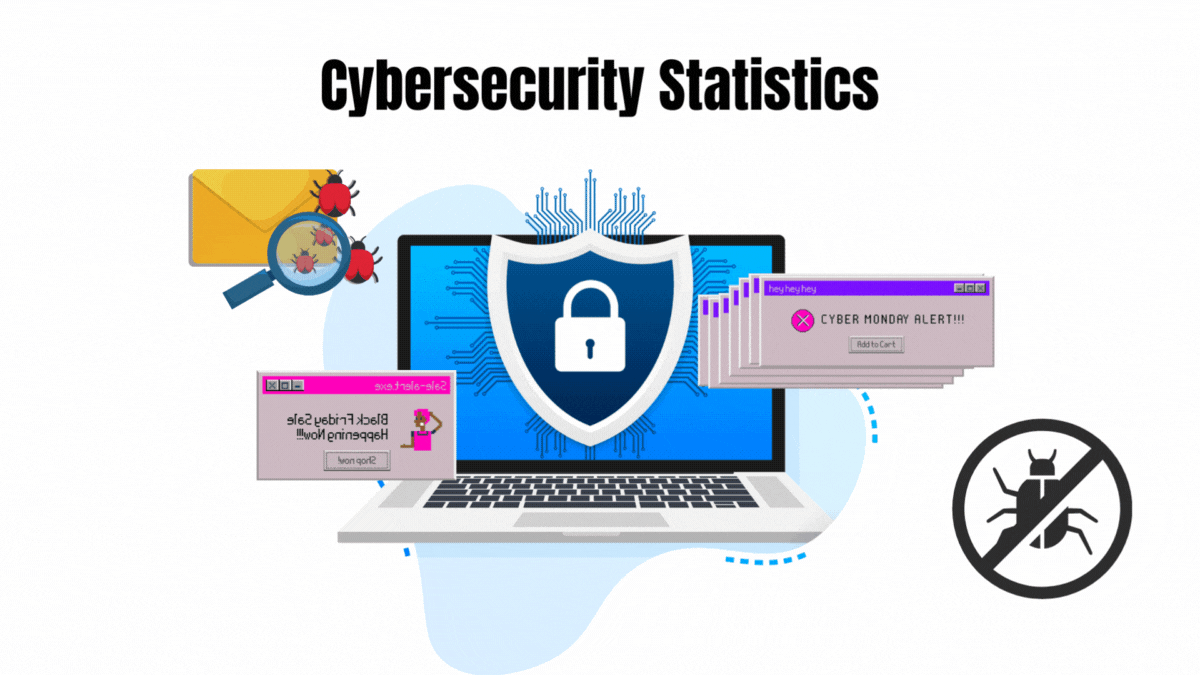New ACT, Same Success Story
Reprinted from SmallBusinessComputing.com
When who you know is just as important as what you know, you might consider using contact-manager software to track all of your dealings with clients and customers. Sage Software's ACT by Sage 2006, a descendant of the original ACT and one of the few such programs that's still around, offers a powerful feature set that helps you manage contacts and keep tabs on just about everything that you do for and with them.
Like any decent contact manager, ACT manages key contact information, lets you schedule activities and tasks and records all contact-related notes and communications. Sales professionals, real estate agents, company reps and small business owners are only some of the many professionals who can benefit from using ACT. This latest version offers incremental improvements that aren't “must haves,” but can be useful to some.
Freshen Up Your ACT
New features strengthen the program's ability to organize contacts into companies and groups. A new “tree” view graphically depicts contact and company relationships and hierarchies. At a glance you can see divisions, employees and individual contacts. Also, you can now add contacts to multiple groups and companies.
ACT now conveniently prints phone numbers of all your scheduled calls on its calendars. This way, when you print a calendar, you can automatically take the necessary phone numbers with you. The program now supports Lotus Notes, and third-party companies have created some 40 new ACT add-on solutions to extend the program's capabilities and perform specialized marketing, shipping and synchronization functions, to name a few.
Making Contact
ACT is all about maintaining and managing contacts. The program acts as a digital address book that stores and calls-up names, addresses and phone numbers. Beyond address book functions, it maintains a complete log of related customer information and interactions that include appointments, related tasks and sales opportunities.
To track contacts, the program offers 60 pre-defined fields that include: name, company, phone, address, Web site, e-mail, last meeting date and ID status, and you can add fields of your own. In addition, you can easily enter unlimited date- and time-stamped notes and history to each contact record.
 |
| Click here for a larger image. |
The ability to manage hectic and busy schedules is another strong feature. The program allows you to schedule calls, meetings and tasks and set priorities for them. There are weekly and monthly calendar views as well as pop-up calendars and activity alarms that alert you to an approaching task or event.
The program tracks all prospect and customer correspondence and provides a history of all communications with a contacts or organizations. You can write letters using Microsoft Word or the built-in word processor. ACT's word processor offers features that handle graphics, create tables, save files in HTML and perform spell checking. It's adequate, but it's no Microsoft Word.
First-rate merge features allow you to select a group of contacts and merge their names and addresses into letters or e-mails. And when you send such correspondence, the program adds the letter to each contact's history. You can create, send and track e-mail to contacts using ACT's e-mail client, as well as rely on Outlook, Outlook Express or Lotus Notes E-mail.
Another plus, the program tracks opportunities and potential sales contacts. With each opportunity you can set closing dates and a potential customer's status in the sales process — a handy feature for sales professionals.
Keeping Good Company
Since you can work with more than one person at a single company, ACT offers features to define and work with contacts in groups. You can create company records and view all notes, history and opportunities associated with various contacts at companies. You can also link contacts to a company, so that when you update company information, ACT automatically updates each contact record as well.
To make the most of your information, ACT's powerful search capabilities can quickly call up data. There are 40 reports to publish phone lists, activities, history and sales summaries, and you can create custom reports and forward reports to Excel, or save them in HTML or PDF formats.
To take data with you, ACT synchronizes its contact, calendar, tasks, notes and history to Palm OS and Pocket PC devices. The program also prints to over 20 popular paper organizers. Multi-user features let up to ten people share data, and administrators can set options and assign and limit access to specific employees.
 |
| Click here for a larger image. |
The program's interface is intuitive and easy to use. Major features are broken down with buttons for Contacts, Calendar, Tasks, Opportunities, E-mail and Internet Services, and there are clear menu options offered at the top of the screen. The program offers excellent internal links. For example, when you view a company or group and click on an individual employee, the program brings up the employee's contact record.
For a mainstream program, ACT is pretty touchy when it comes to installation. Your system has to be running the latest version of Windows and an up-to-date version of Internet Explorer. The program wouldn't install on a test computer because of an acknowledged conflict with security software. After formatting the drive and creating a clean system, the program still wouldn't install because of the Internet Explorer issue.
After upgrading Internet Explorer, the program installed. Once the program was running, a wizard offered excellent help to configure the program.
Against the Competition
While Microsoft Outlook, the popular e-mail client, offers features to manage contacts and schedules, the program lacks ACT's higher order features to oversee sales and manage contacts in groups and companies.
At the high end, ACT's main competition comes from Goldmine, which offers superior scheduling features. Small business owners may find specific features in Goldmine that they can use, but ACT does an excellent job of covering its basic features. ACT also comes in a more powerful ACT Premium for Workgroups that accommodates up to 50 networked seats (versus ten for regular ACT) and offers enhanced team and group interactions. It's stronger competition for Goldmine.
The 2006 edition offers all of the features found in ACT 2005. If you have an older version 6.0 or 2004, however, you'll find that 2006 lacks the integrated fax features, support for macros, e-mail and modem-based synchronization and inbound Caller ID support. Another consideration before you upgrade: many add-on products for earlier versions won't work with ACT 2006. But Sage Software says that most 2005 add-ons should work.
For small businesses, ACT 2006 offers a powerful tool to manage everything that has to do with clients. If working with and serving people is your business, you may just want to act on this one.
ACT by Sage 2006 has a retail price of $229.99 (upgrade-$149.95). ACT Premium for Workgroups 2006 sells for $399.99 (upgrade-$259.95).
ACT 2006 supports Microsoft Windows XP Home, XP Professional, 2000 Professional, 2000 Server Standard Edition, Server 2003 Standard Edition, Server 2003 Enterprise Edition, Server 2003 Web Edition or 2003 Small Business Server.
Over the last ten years, Wayne Kawamoto has written over 800 articles, columns and reviews about computers, new technologies, the Internet and small businesses. Wayne has also published three books about upgrading PCs, building office networks and effectively using and troubleshooting notebook computers. You can contact him through his Web site at www.waynewrite.com.

Wayne Kernochan has been an IT industry analyst and auther for over 15 years. He has been focusing on the most important information-related technologies as well as ways to measure their effectiveness over that period. He also has extensive research on the SMB, Big Data, BI, databases, development tools and data virtualization solutions. Wayne is a regular speaker at webinars and is a writer for many publications.



